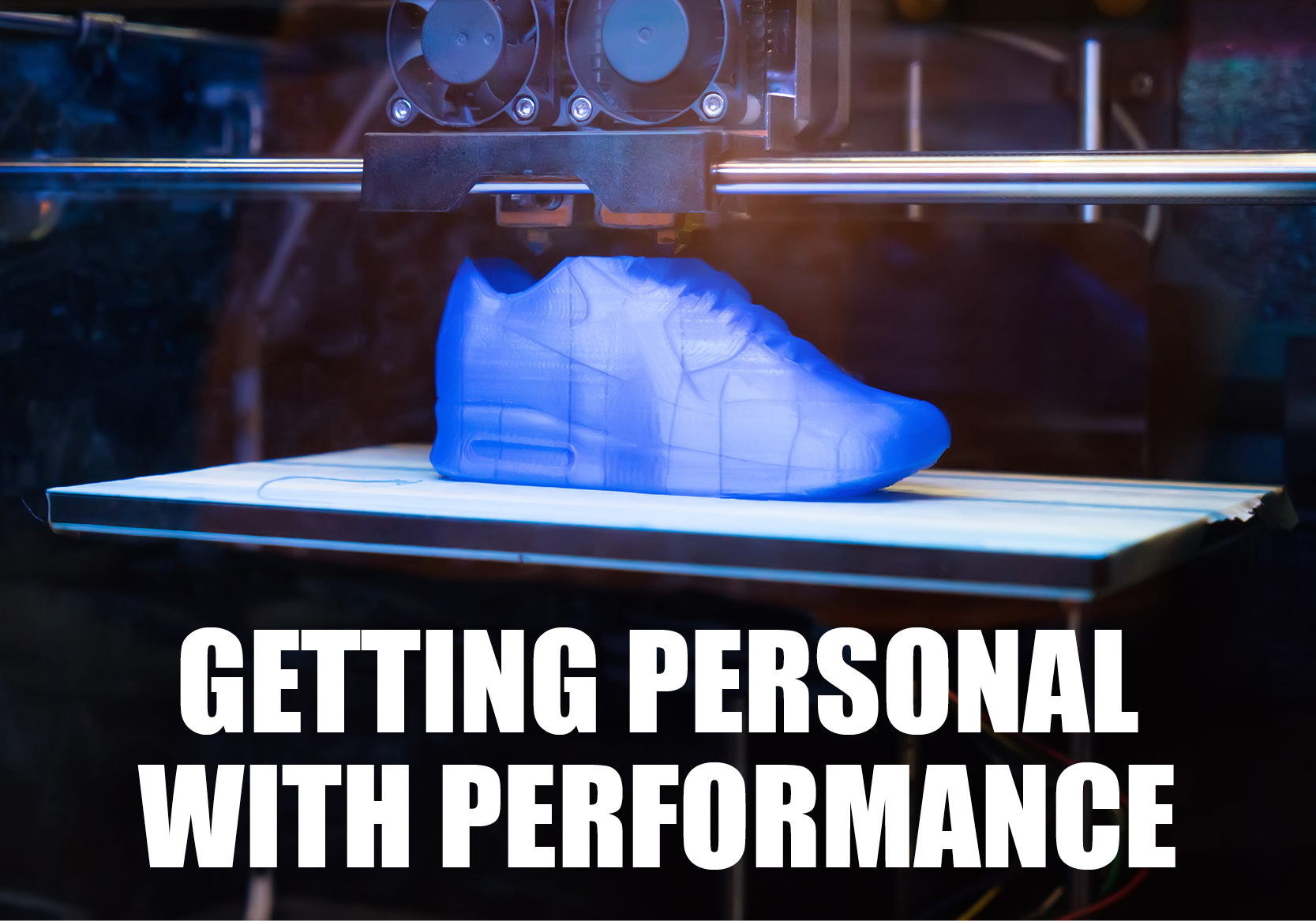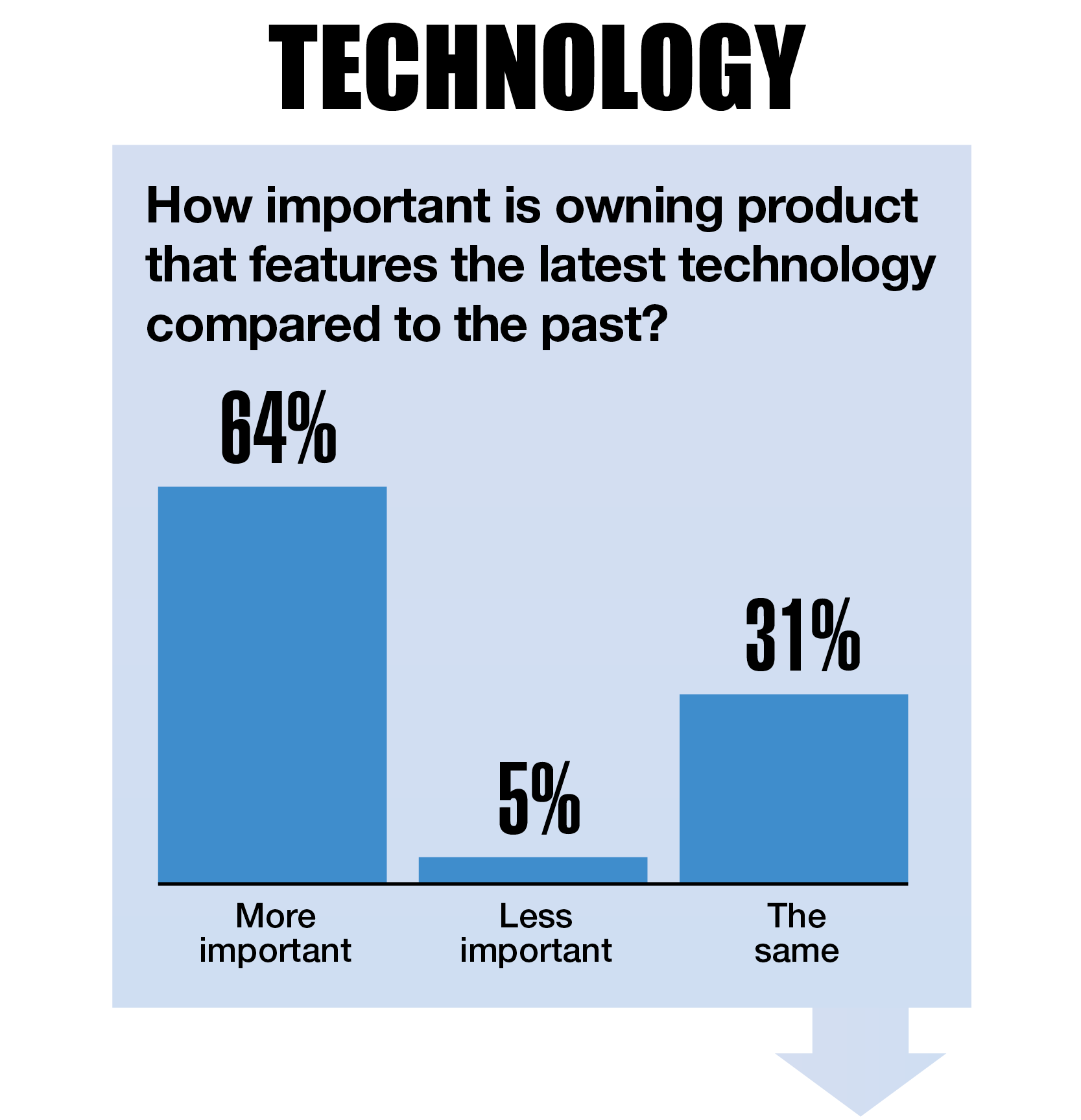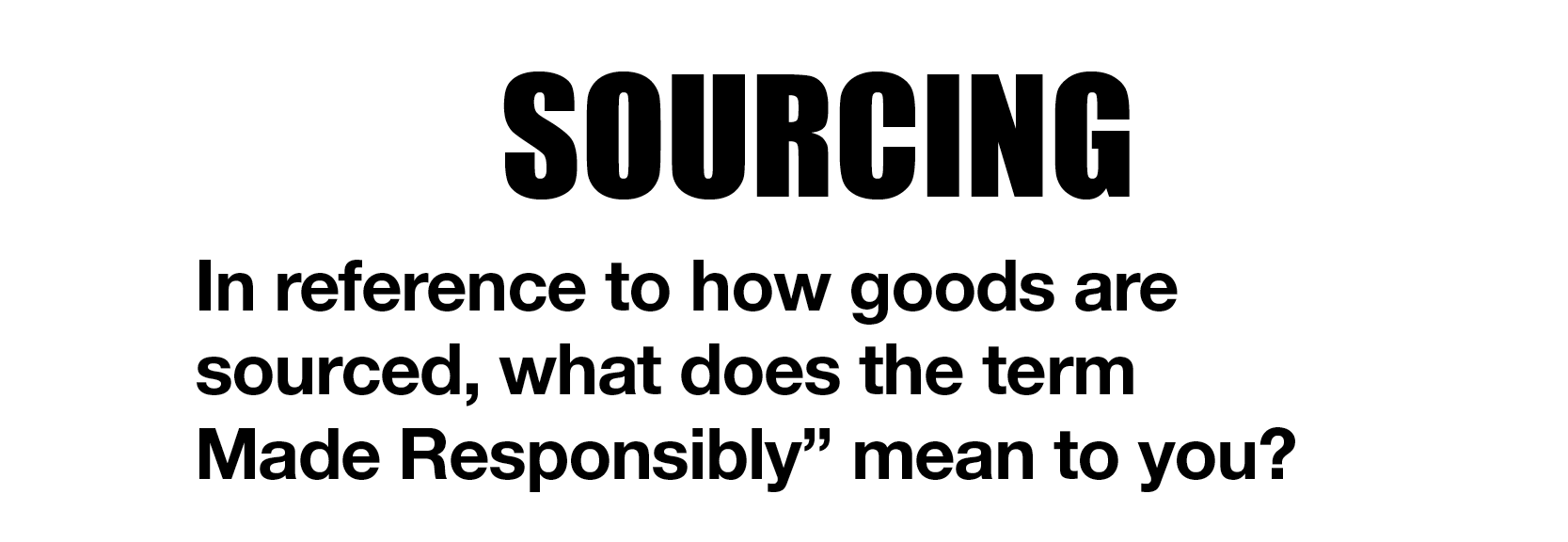
Survey questions on the following pages explore the relationship consumers have with their clothing and footwear. For example, customization is a huge industry trend, however shopper interest in purchasing “customized” items, and/or making their clothing and footwear unique in some manner, is borderline “enthusiastic;” 51 percent were very interested in “customized” product; just 39 percent would take advantage of an opportunity to embellish or personalize product. On the other hand, our survey participants do align themselves with a growing trend toward being invested in how and where product is made. Specifically, 55 percent of participants reported being more interested in fostering a personal connection to the community surrounding how product is made. Consumers’ relationships with technology are also significant. Technology remains a driver in purchasing decisions yet smart textiles and data generating tech may have hit a speed bump. Survey participants’ verbatim replies provide a deeper understanding of purchasing habits and decision-making.
The survey, conducted by MESH01, included 118 respondents, men and women active in sports and outdoors, ages 18 to 60.


If you are in a competitive situation, every percent improvement counts. Male 52
As long as the new technology enhances or improves what is currently being offered I think it’s important. Female 40
Technology gives us more added benefits every year, to stay in peak form, you need the latest. Male 24
I feel that you would need to keep up with products others were using just to at least have the same advantages as them. Female 3
I’ve learned new isn’t always better. More focused on quality, performance and value. Female 41
When it comes to running shoes, I find that keeping up with the latest technology has made a big difference in which shoes I choose to run in. Any improvement to cushioning, stability and quality is a plus in my book. Female 45
Sometimes the latest technology doesn’t have the same feel as previous technology. Female 23
Assuming the latest technology represents an improvement then I’d prefer to benefit from the product’s advancement. Male 41
To me, new technology helps when it makes the apparel more comfortable and functional so it has always been important but some new technologies are a fad and don’t really work so they have to withstand testing and time. Female 23
I like to own products that are decidedly better than past products. Female 23
Sometimes technology can provide performance advantages, but I’ve seen “improved technology” used in the wrong context leading to decreased performance. Male 46
Depends on the product, but personally I’m trying to reduce speed on the consumption treadmill. Male 35

I can use a watch for personal fitness data, while still wearing clothing with wicking. Male 24
Yes, because you need the personal data to create these new innovative products. Maybe someone needs more than just a wicking fabric. Male 45
The new technology is nice but doesn’t always outweigh the way some older performance activewear is. Technology doesn’t always make stuff like wicking material better. Now that would be worth the change. Female 43
Wicking and stink-free clothing is the greatest of inventions during my time as a runner. I have definitely purchased clothing for those two reasons specifically. Female 45
Sometimes too much data is not a good thing and you just want something that’s comfortable and works. Female 25
Losing past innovation in favor of new is ridiculous and smacks of corporate ignorance. Something like wicking properties, which have become essential rather than special, should always be available. New additions like movement tracking or HR detection are just part of the evolution in footwear technology. Humans didn’t start walking upright only to stop bathing. Male 32
It’s nice to know, but if I had to choose, I’d rather know conventional performance attributes and decide for myself if it’s right for me. Female 23
I will tend to buy more items if they are both wicking and breathable. Male 22
I want the activewear to be functional and durable. I don’t really care about fitness data from my clothes and shoes. Female 43
In my opinion, activewear doesn’t have to be “smart.” You can separate out the smart tech from the activewear (at least for soccer and running). I don’t care that much about integrating the two. In fact, it is sort of a negative because then you are tied to a specific piece of activewear instead of different clothes with your same watch or wrist band or whatever. Male 40


From start to finish the people involved in production are treated well and the environment doesn’t suffer from production. Male 32
Unless there is some type of oversight. Most “claims” I see as purely advertising. I need proof that it’s “made responsibly” and what that means. Female 31
It could mean anything. Hopefully it means not made in a third world country by children forced to do it. Male 32
It means that a group of people haven’t been subjugated by a manufacturer in order to maximize profits. If the product contains fairly sourced materials, the people making the decisions have ethics. Male 33
Made with intentions to lessen the carbon footprint and hopefully made in the USA. Female 38
It seems like a made up term. Is there a third-party certification for “Made Responsibly?” Female 38
That the product has care in mind. Care for the environment and those building the brand. Male 44
It is very vague and hoping to catch all concerns without much specificity. It’s like “sustainably grown” in the wine industry. Male 51Do everything right. Female 40It means (or rather it should mean) two primary things: 1) Environmentally friendly 2) With a workforce that is not being exploited. Male 40
I feel that we all play a part in healing and keeping our planet healthy. That is what it means when a product is “ Made Responsibly.” It’s made in a way that isn’t damaging to the planet that we live on and need to keep healthy for many, many more years. Female 36
Every step of the supply chain is understood and the materials are sourced from sustainable sources, all parties involved in the making of the good are treated fairly and there is no harm being done to the planet or people when the product was being made. Male 29
“Made responsibly” means many things. Not only is the material sustainable but the processing of the material should be too. It should be a sustainable fiber that is dyed/finished in a way that does not contaminate or waste water. “Made responsibly” also extends to the construction. The makers should be getting a fair wage and safe working conditions. Female 29







